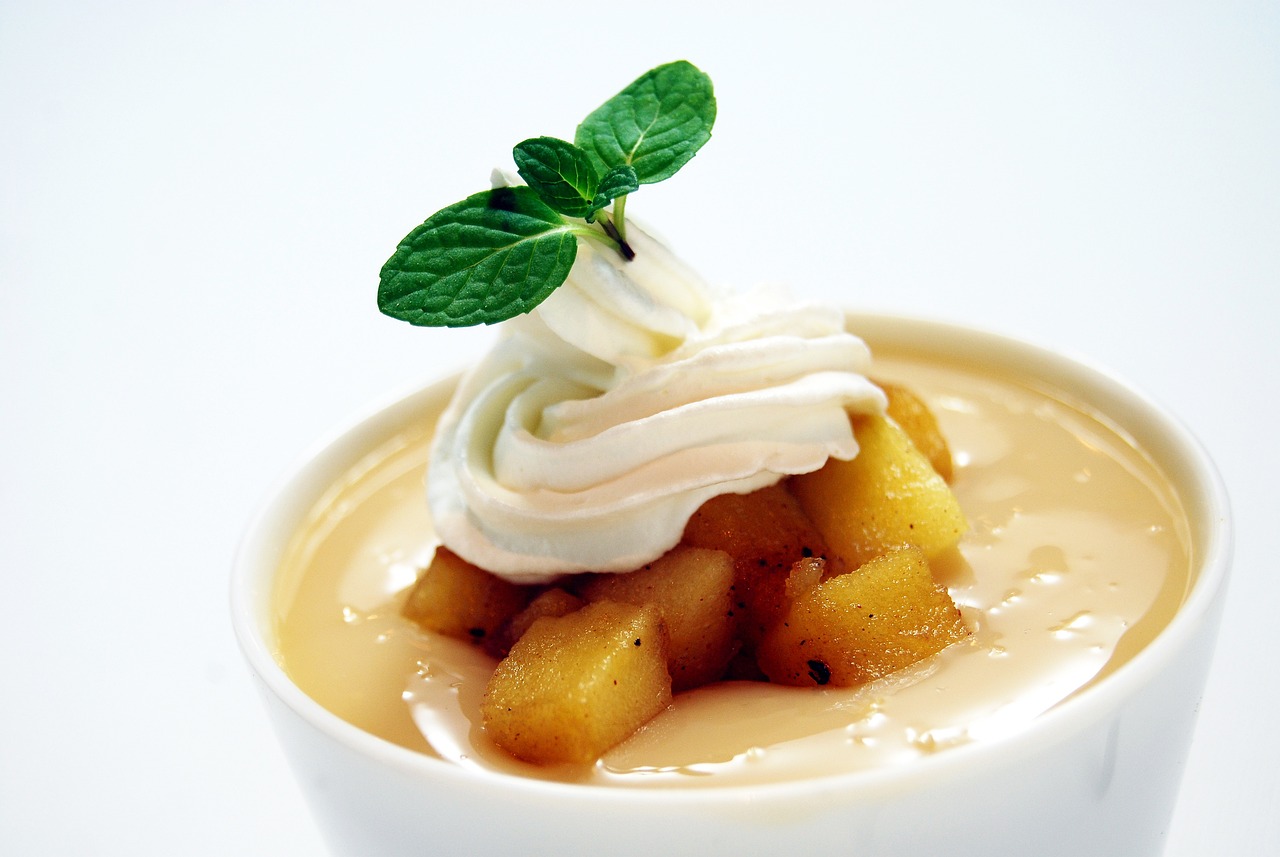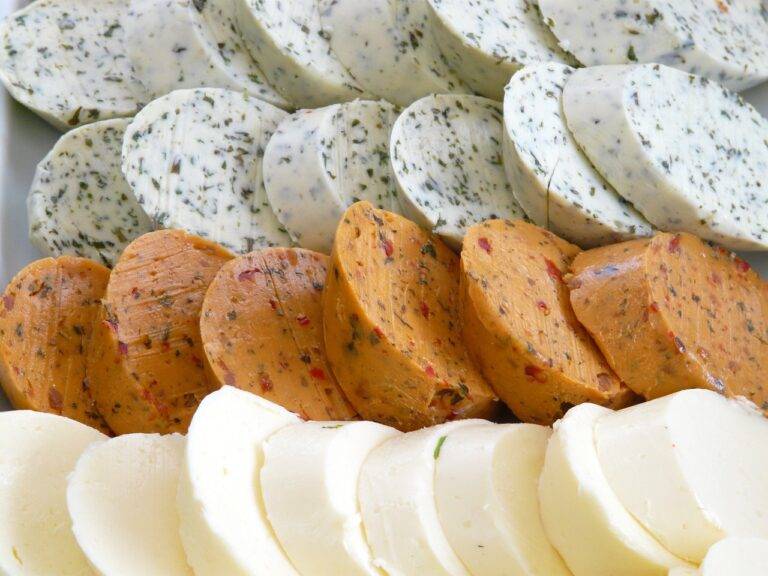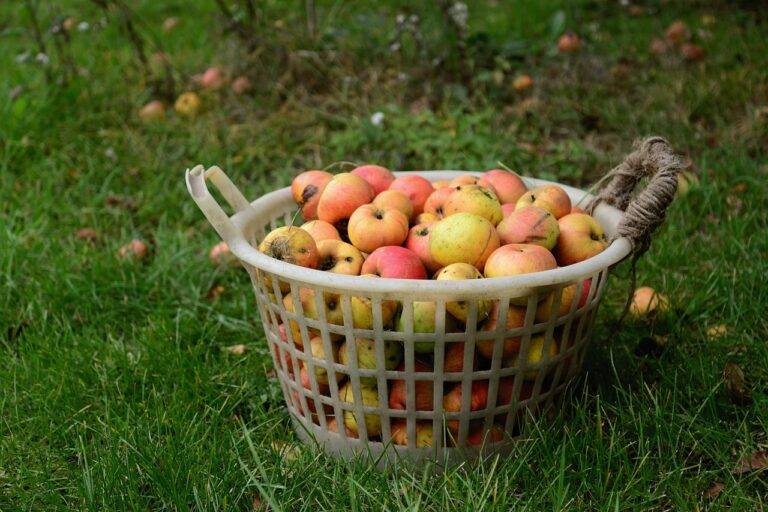Herb-infused Oils and Vinegars: Culinary Delights: 99 exchange login, Laser 247 deposit number, Yolo247 apk login
99 exchange login, laser 247 deposit number, yolo247 apk login: Herb-infused Oils and Vinegars: Culinary Delights
There’s nothing quite like the taste of fresh herbs in your cooking. Whether you’re making a salad dressing, marinade, or drizzling oil over roasted vegetables, herb-infused oils and vinegars can take your dishes to the next level. These flavorful concoctions add a burst of freshness and complexity that will have your taste buds dancing with delight.
So, what exactly are herb-infused oils and vinegars? Simply put, they are oils or vinegars that have been infused with fresh herbs, spices, or other flavorings. The process is simple: herbs and other ingredients are placed in a bottle with the oil or vinegar, and left to infuse for a period of time. The result is a wonderfully aromatic and flavorful liquid that can be used in a variety of dishes.
Herb-infused oils are perfect for drizzling over salads, vegetables, pasta, and grilled meats. They add a depth of flavor that can’t be achieved with plain olive oil. For example, a basil-infused olive oil is a fantastic addition to a Caprese salad, while a rosemary-infused oil can take your roasted potatoes to new heights. The possibilities are endless, limited only by your imagination.
On the other hand, herb-infused vinegars are great for adding a tangy kick to dressings, marinades, and sauces. A tarragon-infused vinegar can elevate a simple vinaigrette, while a thyme-infused vinegar can add a burst of flavor to grilled chicken. Experiment with different combinations of herbs and vinegars to find your favorite flavor profiles.
Making herb-infused oils and vinegars at home is easy and fun. All you need are fresh herbs, high-quality oils and vinegars, and a bit of patience. Here’s a simple step-by-step guide to get you started:
1. Choose your herbs: Use fresh herbs like basil, rosemary, thyme, oregano, or tarragon for the best results. Wash and dry the herbs thoroughly before using.
2. Prepare your ingredients: Roughly chop the herbs to release their flavors. You can also add other flavorings like garlic, citrus zest, or peppercorns for added complexity.
3. Fill your bottle: Fill a clean, sterilized glass bottle with the herbs and other flavorings. It’s best to use a bottle with a narrow neck to prevent air from oxidizing the oil or vinegar.
4. Add the oil or vinegar: Pour the oil or vinegar over the herbs, ensuring that they are completely submerged. Seal the bottle tightly with a cork or lid.
5. Infuse: Place the bottle in a cool, dark place for 1-2 weeks, shaking it gently every few days to distribute the flavors. The longer you infuse, the stronger the flavors will be.
6. Strain and store: Once the infusion period is complete, strain out the herbs and transfer the infused oil or vinegar to a clean bottle. Store in a cool, dark place and use within a few months for the best flavor.
Now that you know how to make herb-infused oils and vinegars, the possibilities are endless. Get creative in the kitchen and experiment with different combinations to find your favorite flavors. Your taste buds will thank you!
**Benefits of Herb-Infused Oils and Vinegars**
Herb-infused oils and vinegars offer a wide range of benefits for your cooking. Not only do they add depth and complexity to your dishes, but they also bring a host of health benefits. Fresh herbs are packed with antioxidants, vitamins, and minerals that can boost your immune system, improve digestion, and reduce inflammation. By infusing these herbs into oils and vinegars, you can maximize their health benefits and add a gourmet touch to your meals.
**Culinary Inspiration**
Looking for some culinary inspiration to get you started on your herb-infused oil and vinegar journey? Here are some delicious ideas to spark your creativity:
1. Lemon-rosemary olive oil: Combine fresh rosemary sprigs with lemon zest in olive oil for a bright and zesty marinade for grilled chicken or fish.
2. Garlic-thyme vinegar: Infuse white wine vinegar with garlic cloves and fresh thyme for a tangy dressing for salads and roasted vegetables.
3. Basil-infused balsamic vinegar: Create a sweet and savory sauce by infusing basil leaves in balsamic vinegar, perfect for drizzling over grilled peaches or strawberries.
**FAQs**
Q: How long can I store herb-infused oils and vinegars?
A: Herb-infused oils and vinegars can be stored in a cool, dark place for up to 6 months. Make sure to use clean bottles and fresh ingredients to ensure the best quality.
Q: Can I use dried herbs for infusions?
A: While fresh herbs are preferable for infusing oils and vinegars, you can use dried herbs in a pinch. Keep in mind that dried herbs may not impart as much flavor as fresh herbs, so adjust the quantities accordingly.
Q: What are some other flavorings I can add to my infusions?
A: In addition to herbs, you can add spices like peppercorns, chili flakes, or whole cloves to your infusions for added complexity. Citrus zest, garlic, and ginger are also great options for boosting flavor.
In conclusion, herb-infused oils and vinegars are culinary delights that can elevate your dishes to new heights. With a bit of creativity and experimentation, you can create flavorful concoctions that will impress your friends and family. So, roll up your sleeves, gather your favorite herbs, and get infusing! Your taste buds will thank you.







